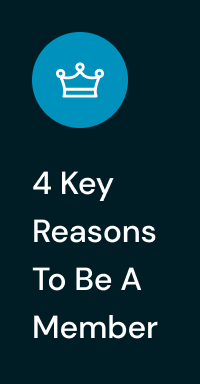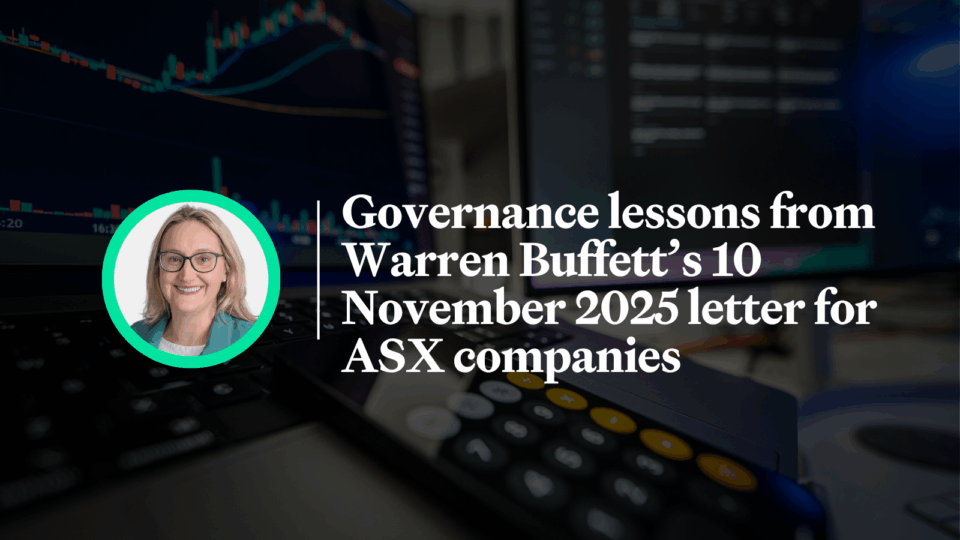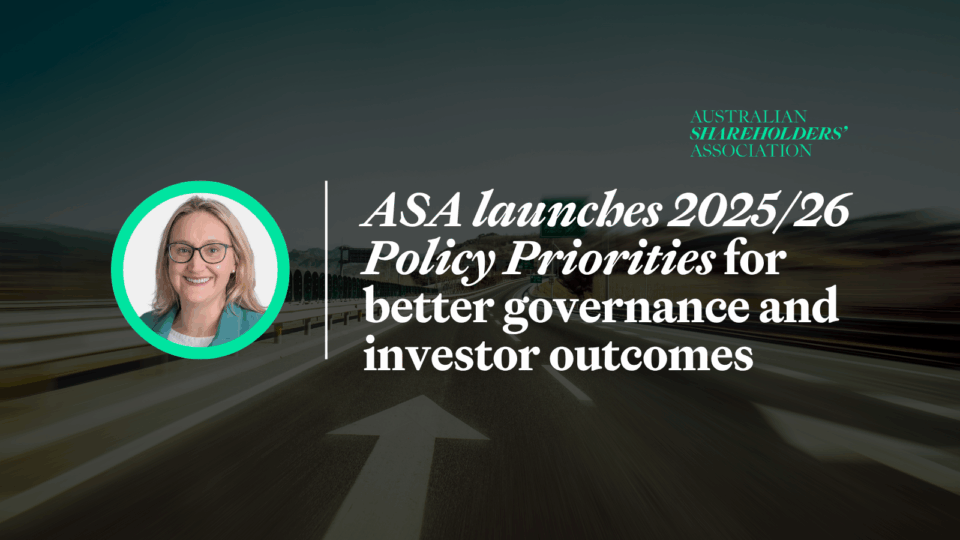
By Craig Keary, CEO of Selfwealth | Thursday, 28 November
In the first chapter of this five-part series with the Australian Shareholders Association, Craig Keary unpacks the intergenerational wealth shift and why it matters to all of us.
Future chapters will explore further themes and trends emerging as part of this broader shift.
Over the past several months, the intergenerational wealth transfer has been a central topic of my conversations with Investors, customers and professionals across the financial services industry more broadly. We are all aware of it, but there is much to be done to understand its true impact across society, and how we as an industry can prepare.
In this article I introduce some key points for individuals to consider in their planning, as this wealth shift is set to impact us all. As always, it is important to consider your own circumstances and where appropriate seek your own financial, tax and legal advice.
Understanding the scale of the wealth shift
Within the next two decades, Australia is set to see an estimated $3.5 trillion pass from the Baby Boomer generation to younger generations. This wealth transfer will be unlike any financial shift we have experienced in our lifetimes. It represents both a significant opportunity and a complex challenge for families, financial institutions, and society at large.
The ability to manage and transfer wealth efficiently, while upholding family values and aspirations, is now crucial. Thoughtful advice and careful planning can help ensure that this wealth transition not only preserves assets effectively but strengthens familial bonds and financial stability across generations.
The implications for family dynamics and intergenerational relations
When was the last time you sat down as a family to discuss your finances, investment planning and retirement plans, and your individual and collective family goals?
One thing I have learnt over time is that many of us have not been given the right tools and training to handle financial conversations effectively within the family unit. There are many reasons for this, and fortunately, quality financial advice can promote effective communication that prevents unwanted financial outcomes within families.
The families of 2024 are varied and diverse, and their needs and aspirations are equally varied. The 2021 Census showed that a family takes many different forms. Most families (43.7%) were couples with children. This was followed by 38.8% of families as couples with no children, and 15.9% as solo parent families. Blended families are another feature of modern society, bringing greater complexity and challenges. Today’s advisers are adept at navigating the complexity of the modern family and must continue to be so.
I encourage families to take advantage of the opportunity presented by the coming wealth transfer and take action now to start the conversation and build your own strategy for long-term success – however that looks for you.
Establishing a wealth transfer strategy
Ideally, families should be able to openly discuss:
- Their current and projected financial situation. Having a shared understanding can prevent misunderstanding based on incorrect assumptions.
- Scenario planning, including insurances, tax, superannuation. At the most extreme: what happens in the event of long-term illness or death? Separation and divorce? How would disputes be managed?
- Personal expectations and wishes: Is there an expectation of families providing caring roles, either for elderly family members or young children?
- Retirement living plans and preferences. Where do you see yourselves retiring or moving to? Will you be looking to invest in or sell property? Is travel likely to factor into your retirement?
One consistent theme for families is the increase of financial gifts. Those who are in a position to do so are increasingly considering the benefits of earlier financial gifting in contrast to the traditional inheritance. Estate planning should consider the tax implications and tangible benefits of both options.
Equally, with the average Australian living into their mid 80s, individuals need to account for extended unplanned costs ranging from healthcare to aged care and the rising cost of living. Through careful planning and seeking quality advice, families can position themselves for better conversations and well-informed decision making.
Understanding the mechanics of this wealth shift is essential for all of us. We all have an obligation, both to our families and to ourselves, to proactively communicate and plan for the best outcomes. With this approach, the coming intergenerational wealth shift stands to offer us a rare opportunity for growth and shared understanding.
The information has been prepared without considering the objectives, financial situation or needs of any individual. For this reason, any individual should, before acting on this information, consider the appropriateness of the information, having regards to the individual’s objectives, financial situation or needs, and, if necessary, seek appropriate professional advice.
This article is brought to you by Selfwealth, a proud partner of the Australian Shareholders’ Association.






